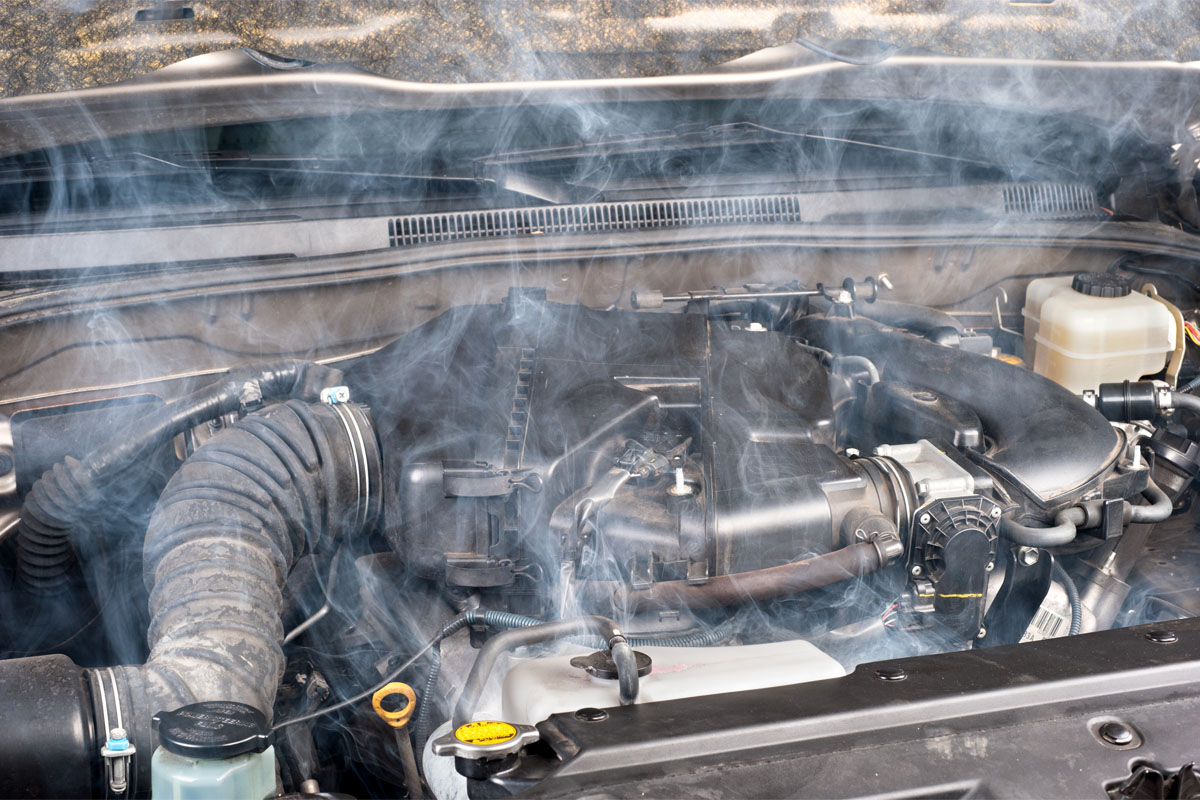
Carrying out routine maintenance, like regular oil changes and recommended auto service, keeps a vehicle’s engine running normally and helps prevent expensive repairs. But vehicle owners don’t always adhere to all the manufacturers’ guidelines on how frequent to carry out those services, which could cause damage to the engine. Oftentimes the engine may fail, and the vehicle owner may not notice the problem or may wait too long to have it looked at, causing even more problems. When engine damage is too extensive, the entire engine might need replacement.
How Much Does It Cost to Replace an Engine?
The cost of replacing an engine differs, based on varying factors, including the manufacturer, engine displacement, and kind of engine.
A standard engine replacement could cost between $2,000 and $10,000, subject to the make, model, how old it is, accessibility, labor expenses, and other vital factors. This cost could veer higher for high-end sports vehicles and luxury vehicles.
When a Failed Part Could Result in Replacing the Engine
There are a lot of instances in which a failed engine component could result in an overall failure of the engine itself. The following are 3 of them:
When the piston’s lower bearings—known as rod bearings—fail, it could cause a total absence of oiling, allowing excessive movement from the piston, and result in disastrous internal damage.
If the engine in some way goes out of timing, because of a defective timing chain tensioner or broken timing chain, this could be the cause of piston-to-valve contact, possibly rendering the whole valvetrain ineffectual, damaging the block, or potentially putting a hole through the block.
If the engine does not have sufficient oiling—because of not having enough, a defective oil pump, or oil that’s far past its replacing period–a slow, progressive increase in friction is going to cause the engine to ultimately machine itself to its end, overheat, and display other occurrences of complete failure.
Signs of a Failing Engine
The following indications could lead to an engine that is failing:
Decreased performance. An engine that feels especially sluggish and returning considerably decreased fuel economy could indicate that it’s fading fast
Knocking. If a blaring knocking noise is noticed from the engine, which increases in its knock as the revolutions increase, this is a bad indication.
Grinding. A loud grinding noise might indicate a significant increase in friction; therefore it may detonate or lock up.
Increased exhaust fumes. If the exhaust creates a considerable amount of blue or white smoke, this is an indication that something is amiss inside the engine.
Significant oil or coolant leaks. Whereas a leak doesn’t inevitably mean the engine is near its end, it could mean something significant is faulty and ultimately results in engine damage.
In Conclusion
If an engine fails, it could mean significant mechanical work to replace, therefore costing a considerable amount of money. There are a lot of ways engines can fail and necessitate replacement, so it’s vital to take good care of them, follow service periods thoroughly, and keep an eye and ear out for anything uncommon happening under the hood.
Rov-N-Techs In Scottsdale, Arizona
Rov-N-Techs performs all factory recommended services on Land Rovers & Jaguars at affordable prices! Master Technicians, Joe Caraway and Kevin Curtis worked at Land Rover of North Scottsdale for 10 years before opening their own shop in 2006 under the name of “Rover Techs”. Now known as “Rov-N-Techs” Joe and Kevin offer over 35 years of combined Land Rover experience. Contact us today!